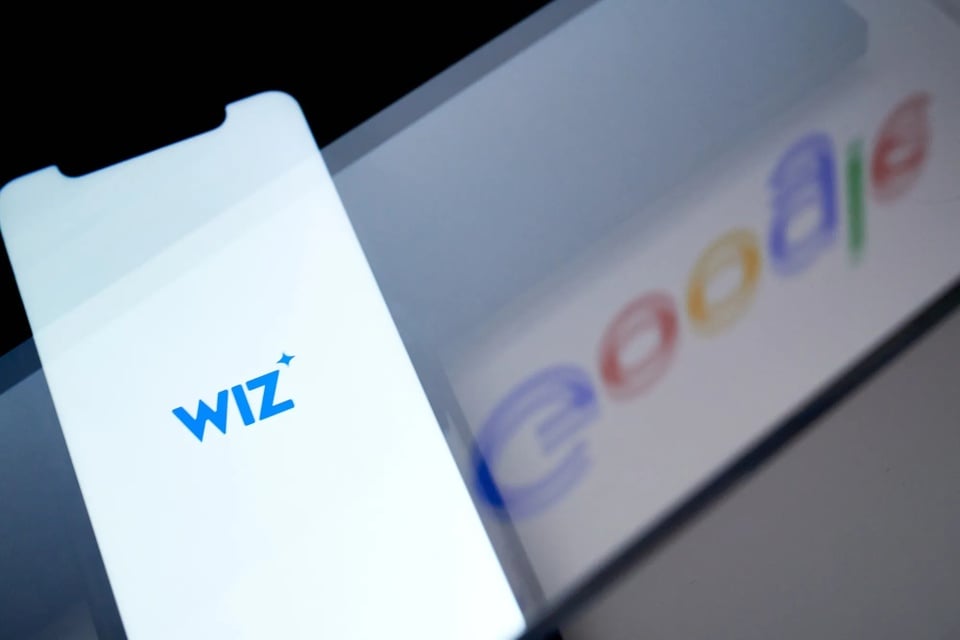 |
Wiz and Google logos. Photo: Bloomberg . |
In March 2020, four Israeli tech entrepreneurs decided to found the cybersecurity startup Wiz. Within days, they were all regretting it.
All four had quit their jobs before the pandemic hit, sending panicked markets and fears about the future. In other words, it was almost the worst time to start a company.
“Looking back now, it was the smartest time to start the company,” says Assaf Rappaport, CEO of Wiz.
Five years after its founding, Wiz was acquired by Alphabet, Google's parent company, for $32 billion . This is the largest deal in Google's history, one of the most expensive deals in Silicon Valley. If we go back five years, no one would have dared to imagine this scenario.
Running a startup during a pandemic
“It's not the boom times, it's the bad times that are the best times to start a company,” said Doug Leone, a partner at Sequoia Capital, which led the initial investment in Wiz.
The competition for jobs was lower in the dark ages, with fewer companies pursuing new ideas. That was also when entrepreneurs were bold enough to “couldn’t sleep at night from excitement” to enter the market.
Historically, many companies have been founded in dark times and have come out on top. Hewlett-Packard survived the Great Depression when it was founded in 1939, Uber and Airbnb emerged from the 2008 financial crisis. Google itself benefited from cheap real estate and an abundance of tech talent after the dot-com bubble burst.
However, according to WSJ , no company has been valued so highly in such a short period of time, operating in special circumstances like Wiz.
 |
Wiz co-founders from top left: Ami Luttwak, Yinon Costica, Roy Reznik and Assaf Rappaport. Photo: WSJ . |
Years before founding Wiz, Rappaport met the other co-founders, Ami Luttwak, Roy Reznik, and Yinon Costica, while in the Israeli army in 2001.
At that time, all four joined the Israeli army's elite intelligence unit 8200 - one of the world's leading training agencies for technological talent.
After leaving the military, they founded a cloud cybersecurity startup in 2012, which they sold to Microsoft for $320 million in 2015. Rappaport served as head of R&D at Microsoft Israel until leaving the company in early 2020, when he founded Wiz.
Wiz's software helps enhance customers' cloud systems, in addition to identifying and responding to cyberattacks. Over time, Wiz raised $1.9 billion from a number of billionaires and venture capitalists.
Rappaport and his partners considered how to spend the money, eventually investing in cloud computing. It was a moment Rappaport himself wasn't so sure about.
“Running a startup is risky, but I’ve never run a startup during a pandemic,” Rappaport shared in 2021.
Rapid development
Compared to other startups founded during the pandemic, the Wiz founding team has some advantages: they have known each other for 20 years, know each other's skills and personalities well. Relationships with previous investors also help the company.
The Covid-19 pandemic has spurred investment in cloud infrastructure. As companies embrace remote work, they have also exposed vulnerabilities to hackers. As a result, cloud security software has become a top priority for most large companies.
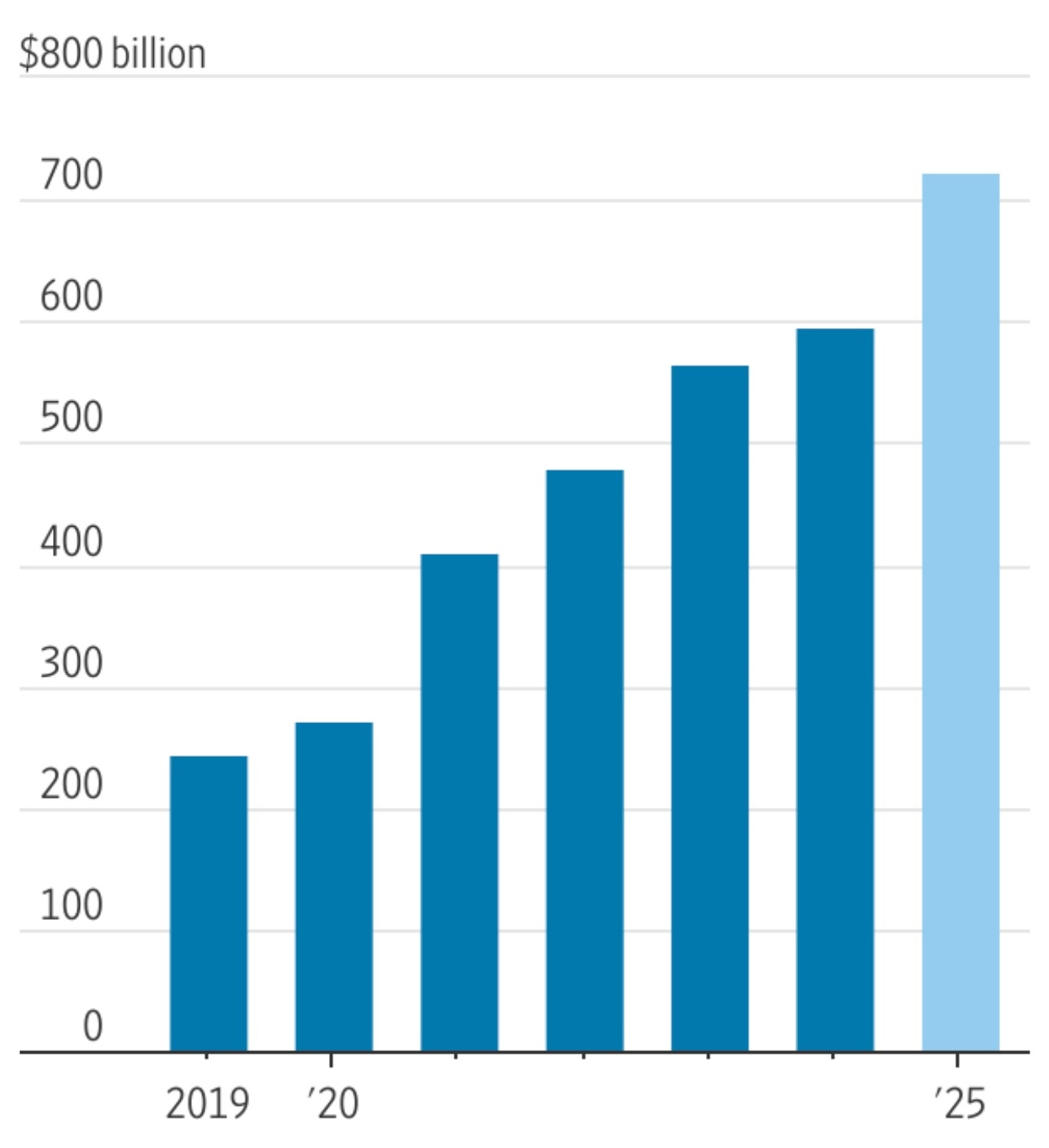 |
Investment in cloud infrastructure services from 2019-2024, forecast 2025. Photo: Gartner . |
Another benefit of starting a startup during the pandemic is that meetings that used to take weeks to arrange have been shortened to days or even hours. Founders don’t have to leave the house and can meet with others at any time.
No miracle, WSJ says, the right strategy is how Wiz went from zero to a $32 billion deal in just five years.
In the context of increasingly complex cyber attacks, Wiz's software is designed to be simple. The founders also invited some good engineers from Israel to develop the product.
“What they built is so effective that Wiz employees can install the product during a sales call, and identify a threat as soon as they hang up,” WSJ describes.
Wiz's interface is intuitive enough for security engineers to get familiar with, but comprehensive enough to navigate.
After its first deal ( $9 billion ) with Google fell through nine months ago, Wiz has grown so rapidly that its deal value is now more than tripled.
Source: https://znews.vn/phia-sau-thuong-vu-lich-su-cua-google-post1540385.html








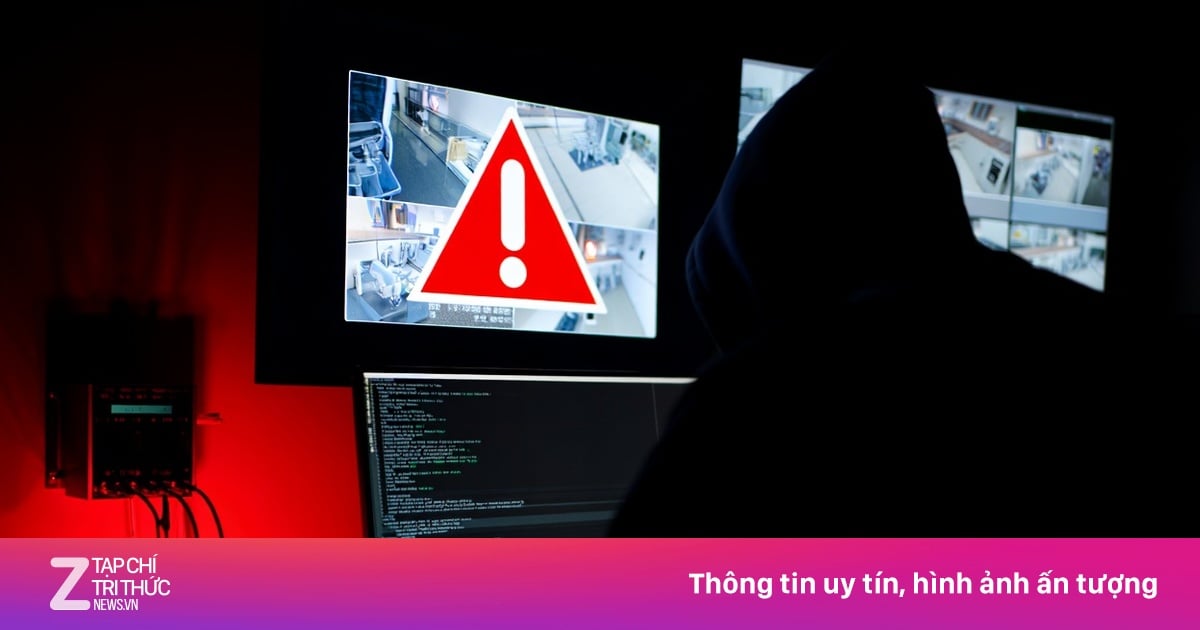




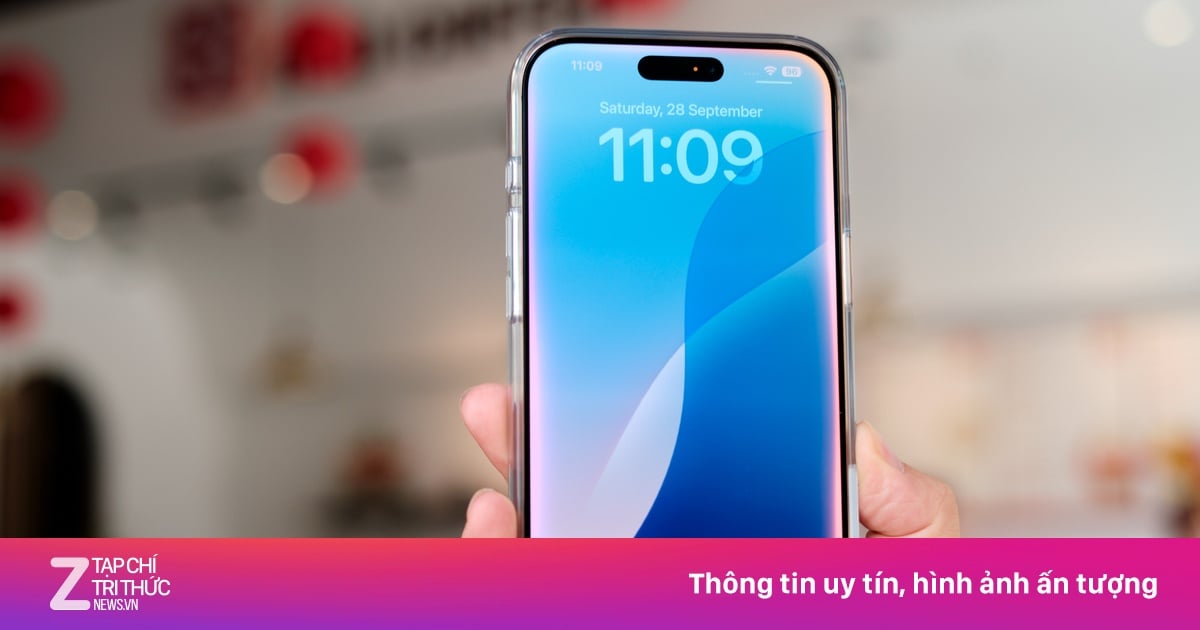






![[Photo] Visiting Cu Chi Tunnels - a heroic underground feat](https://vstatic.vietnam.vn/vietnam/resource/IMAGE/2025/4/8/06cb489403514b878768dd7262daba0b)


































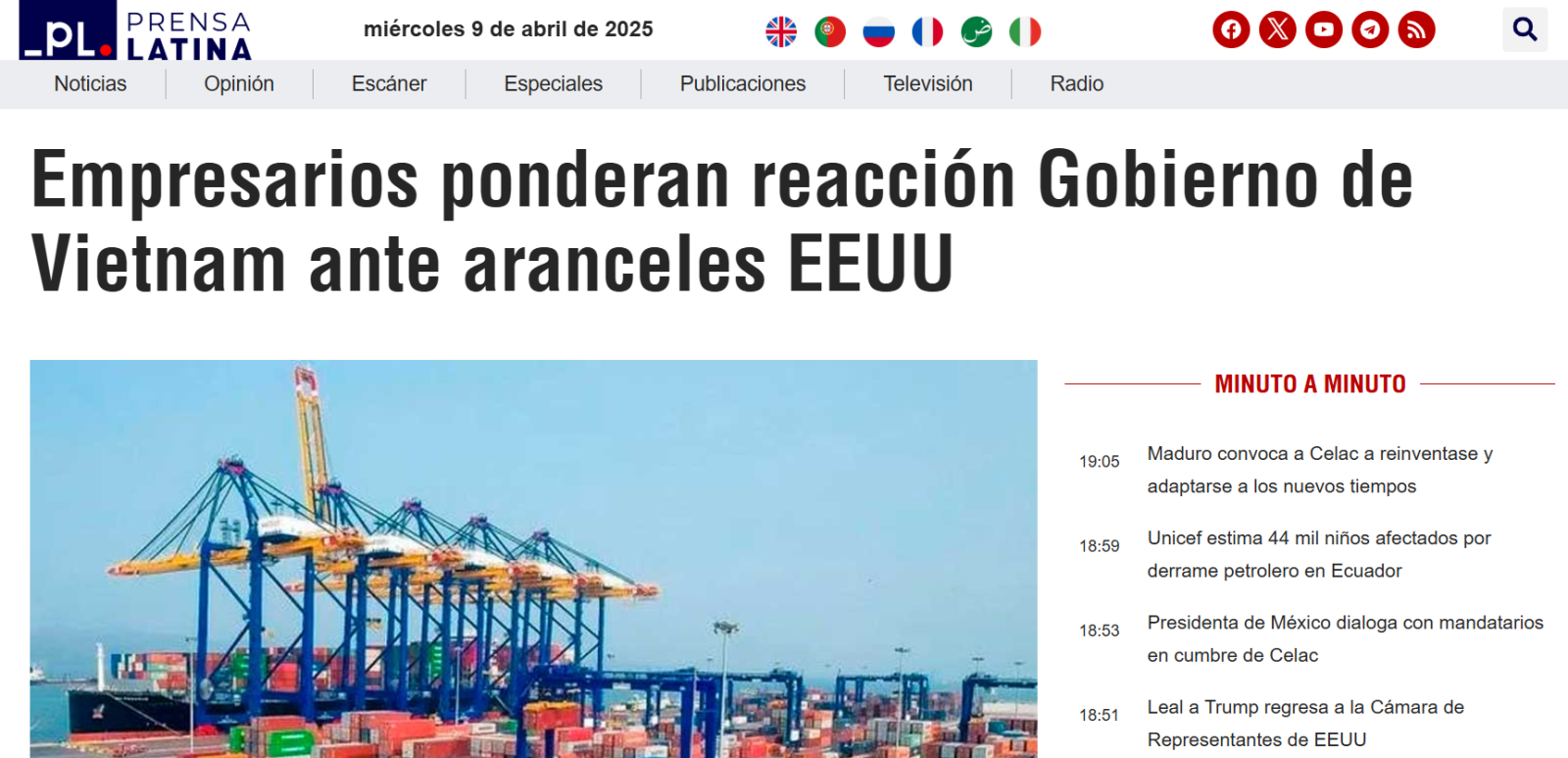






















Comment (0)